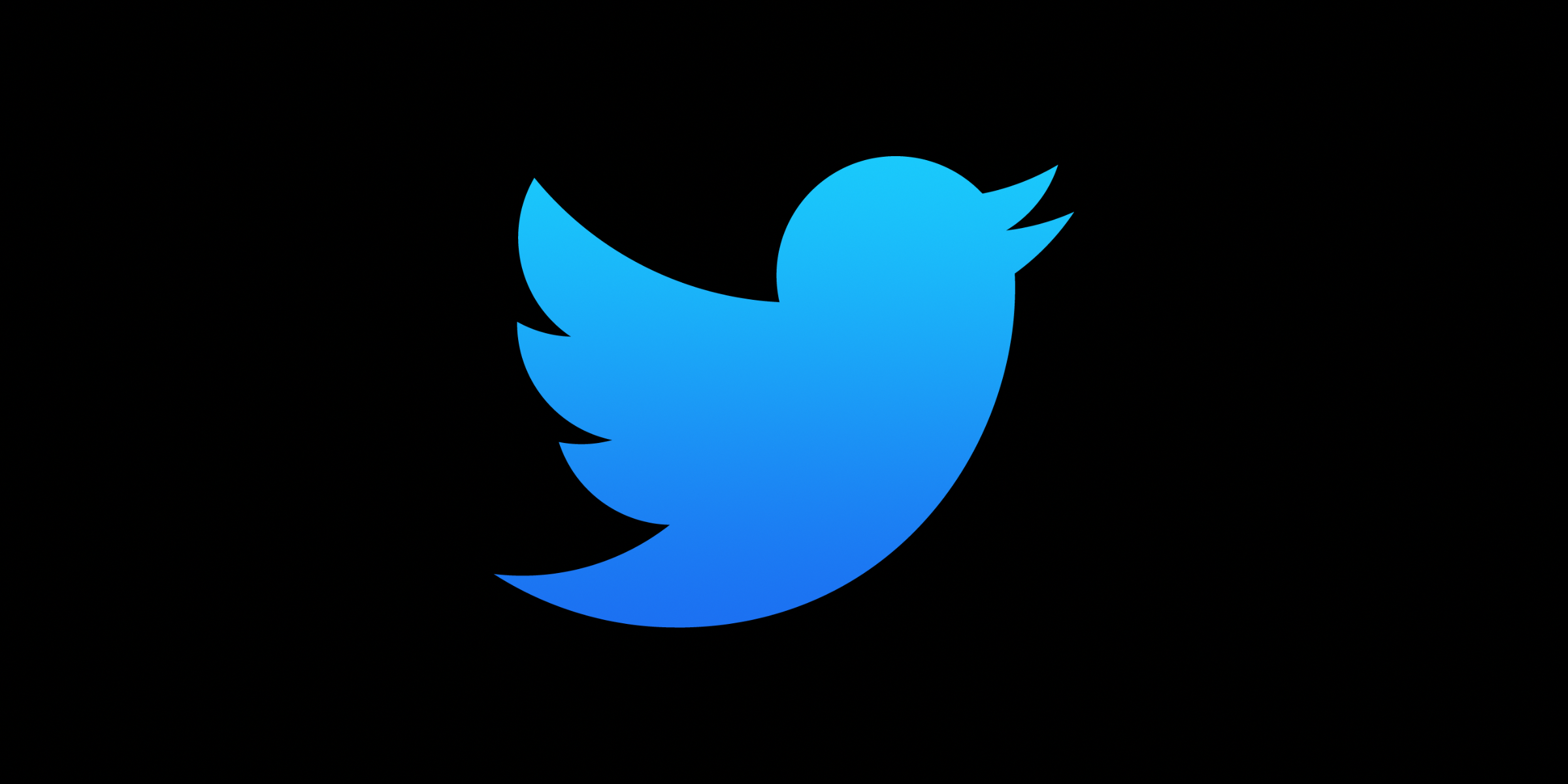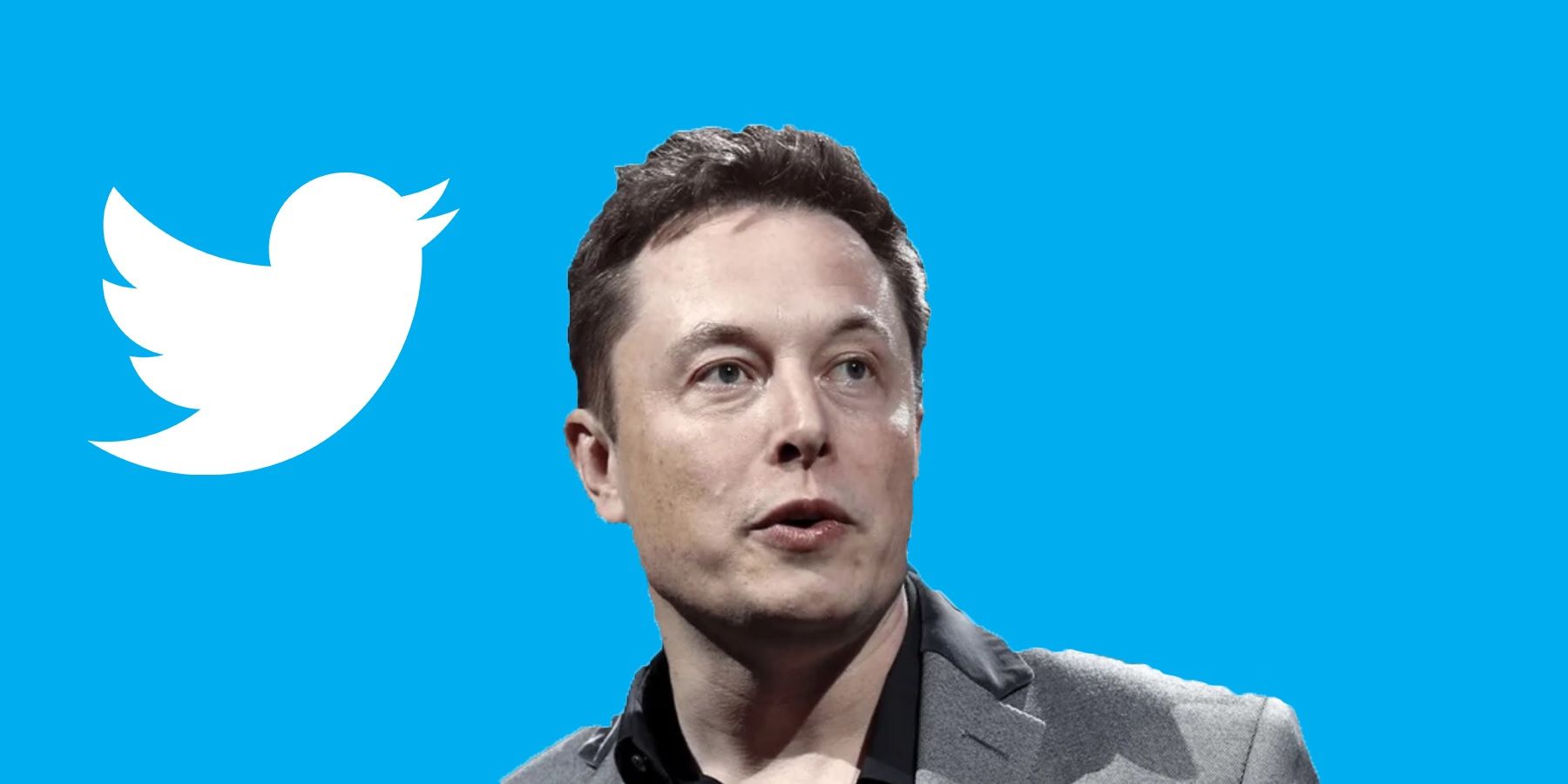Following a months-long saga that saw Elon Musk agree to buy Twitter, back out of the agreement, face legal battles and finally complete the deal, he has provided more details on his plan for content moderation on the platform. But what would content moderation look like under Musk, a self-described free-speech absolutist? That remains to be seen, but the multi-billionaire continues to tweet freely about his plans for the platform. After seeing what Musk viewed as one of the platform's flaws — content moderation — result in public figures' temporary and permanent bans, he chose to fix the problem by buying Twitter outright.
People routinely discuss a proposed concept of free speech on social media platforms, and the first amendment of the U.S. Constitution is often included in that conversation. But the first amendment protects U.S. citizens from having their free speech infringed by the government, not social media corporations. As such, the private entities that run social media sites can remove the content as they see fit. For Musk, the content moderation decisions made by Twitter were too restricted, and the only way that could be fixed was to take the company private. So Musk, with a net worth of over $200 billion, bought the company for $44 billion and became the sole director of Twitter's content moderation strategy.
Musk has a few interests to balance when making content moderation decisions. The first is the potential legal ramifications for hosting potentially inflammatory speech, hate speech, or speech that incites violence. For the most part, none of these forms of speech are illegal. Moreover, Section 230 of the Communications Decency Act states, "no provider or user of an interactive computer service shall be treated as the publisher or speaker of any information provided by another information content provider." Essentially, this prevents Twitter or Musk from being held liable for anything posted on the platform. However, this might not be the case forever. The U.S. Department of Justice initiated a review of Section 230 in 2019, and it is possible the legal code could face more reviews in the future.
Musk Says Twitter Will Introduce A Content Moderation Council
Another interest to balance is advertisers, which drive Twitter's revenue. Musk cannot allow speech to stand on the platform that shines a poor light on advertisers, who will likely divert their investments elsewhere. According to CNBC, General Motors, one of the largest U.S. automakers, has temporarily halted advertisements on Twitter while it awaits more information on the company's content moderation strategy. In a message to advertisers posted on Twitter, Musk attempted to curb advertisers from fleeing the platform. "There has been much speculation about why I bought Twitter and what I think about advertising," Musk said. "Twitter obviously cannot be a free-for-all hellscape, where anything can be said with no consequences."
But to Musk, the most vital interest seems to be free speech on the platform — fostering an open forum for dialogue. "Twitter will be forming a content moderation council with widely diverse viewpoints," Musk said in a tweet. "No major content decisions or account reinstatements will happen before that council convenes." The entrepreneur did not clarify what he meant by "widely diverse viewpoints" but quickly explained Twitter's current policy. "To be super clear, we have not yet made any changes to Twitter's content moderation policies," Musk followed up in a quote retweet.
So what could Musk's content moderation council look like? Though he has not provided concrete details, Musk's intentions can be speculated. Ideally, the content moderation council features prominent and respected journalists and legal experts with liberal and conservative viewpoints. A parallel might be made with the Department of Homeland Security's proposed Disinformation Governance Board, which quickly folded in response to numerous first amendment concerns. The board was intended to make decisions and warnings regarding content — something that cannot come from a government entity but might just work for Twitter. Musk's to-be-implemented content moderation council will likely aim to quell fears that Twitter's content moderation policy is rooted in a partisan approach.
Source: 47 USC 230, DOJ Section 230 Review, CNBC, DHS, Twitter / Elon Musk 1, 2, 3


